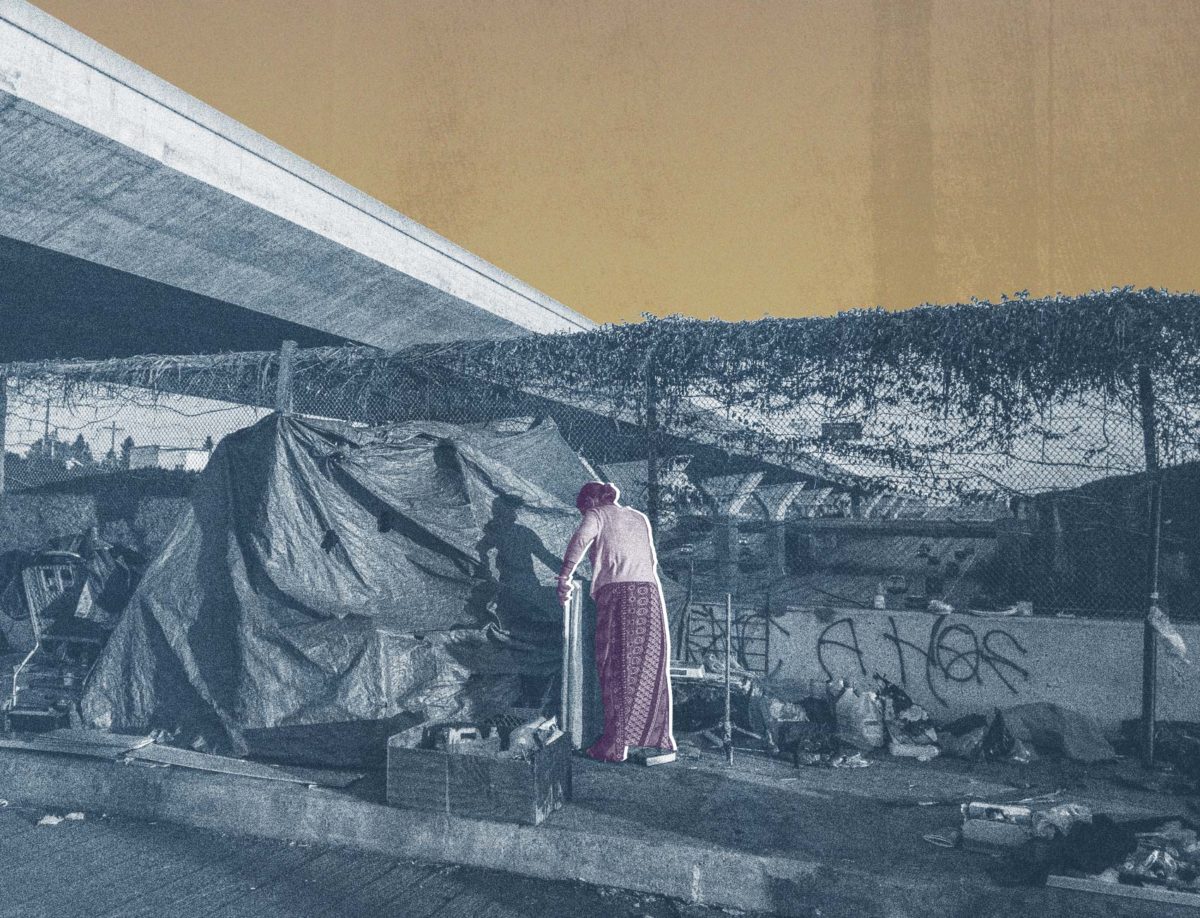Austin May Use Money Cut From Police Budget To Establish Permanent Supportive Housing
The City Council will decide whether to buy two hotels and use funds diverted from its police budget to set up wraparound services for the homeless people who will live there.

On Wednesday, the Austin City Council will vote on whether to purchase two hotels and turn them into permanent supportive housing for people experiencing chronic homelessness.
If the measure passes, the city will spend approximately $16 million from its Housing and Planning Department’s general obligation bonds to acquire the two properties and use some money from a $6.5 million fund taken from the police department’s budget to provide services to the residents of the hotels. At full occupancy (which wouldn’t happen this year), services and operating costs for these two hotels are expected to be about $3.8 million annually.
“In the wake of Black Lives Matter protests this summer, we made a significant cut to policing dollars and reinvested that in things like this,” said Council Member Gregorio Casar, who led the effort to cut police funding and sponsored an amendment last August that set aside $6.5 million in recurring funding to be used for permanent supportive housing and services. “That’s how we’re paying for this. That’s the only reason we’re able to do this.”
In Austin, the City Council voted to immediately cut over $20 million from the police department’s budget, with most of that money coming from cancelling cadet classes, reducing overtime spending, and eliminating contracts for things like license plate readers. Another almost $80 million will be taken from the police department’s budget by moving certain civilian functions out, like dispatch and the forensics lab, though that money will still be spent on funding those civilian functions, just not within the department.
Some council members have asked to postpone the vote so they can spend more time hearing from community members and businesses near the hotels. At a council meeting on Monday, some council members suggested the city explore opening up more sanctioned campgrounds where people experiencing homelessness will continue to live outside instead.
Under the proposal, Austin would buy a property from Candlewood Suites in northwest Austin and another property from Texas Bungalows Hotel & Suites, according to a memo sent to the mayor and council by the city’s Office of Real Estate Services and a homeless strategy officer with Austin Public Health. Both hotels are near retail services and public transit.
The Candlewood Suites hotel was built in 2018 and has 83 rooms, all with full kitchenettes and air conditioners. The property also includes amenities like a computer room, onsite laundry, a fitness room, and outdoor patio space. If the city goes ahead with the purchase, some of the current guest rooms may be converted into additional common areas or office space, though the property will still provide roughly 80 units of permanent supportive housing once it’s complete.
The Texas Bungalows Hotel & Suites property was also built in 2018. It has 65 rooms (though only 41 currently have kitchenettes), onsite laundry, and a front desk with controlled entry. If purchased, some of the rooms would be converted to add more office and common space, like a community kitchen, leaving the building with about 60 permanent supportive housing units.
“The city’s goal has traditionally been 100 permanent supportive housing units a year, and sometimes wouldn’t even reach that. And here we are in January and we’ll blast through the goal,” said Casar. “This is funding that was previously going to over-policing every single year and will now go to getting folks off the street.”
About 2,500 people were experiencing homelessness in Austin at the start of last year, according to the 2020 Point-in-Time Count. Nearly 1,600 of those people were unsheltered.
The city’s Homeless Services Division plans to negotiate contracts with nonprofit service providers Caritas of Austin and Integral Care to cover operating costs and set up wraparound services for residents, like case management, support for mental health or substance use issues, workforce development programs, and job placement services.
Altogether, purchasing the hotels would create about 140 units of low barrier permanent supportive housing with these kinds of wraparound services.
“Cities that have stepped up and tried to reallocate police budgets have faced backlash usually driven by misinformation for the past few months, but I believe in the next few months cities that reallocated police funds can start showing results, can start showing what cities can do when we reduce police overspending,” said Casar. “It’s only possible if we keep rethinking our priorities instead of continuing to over-invest in policing.”
CLARIFICATION: This article has been updated to reflect that the measure would only use a part of the $6.5 million fund.
